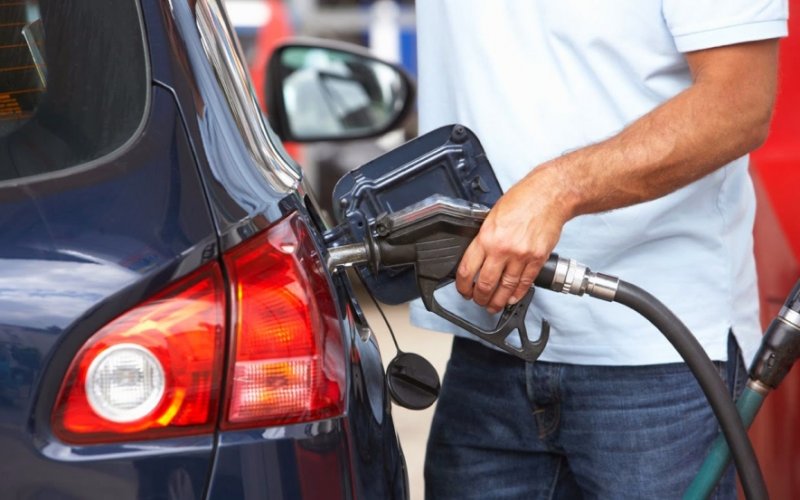
Rajakaruna highlighted that when prices operate without a formula, those prices often fluctuate based on political motives, especially during election periods, leading to financial losses for the CPC.
He explained that selling fuel at lower prices, as seen during election times, has resulted in the CPC accumulating a debt of Rs. 3 billion to state banks. However, when the proper price formula was implemented last year, the CPC reported a profit of Rs. 120 billion, and this year, it has already earned Rs. 27 billion.
Rajakaruna noted that the political interference and mismanagement led to perceptions that the CPC was unable to operate effectively, prompting the government to invite other companies into the market. This has complicated the CPC's ability to act independently.
Currently, other fuel companies in the market have been following the same price formula established since 2022. The Energy Ministry and Finance Ministry determined this month’s prices based on that formula, which allowed for reductions in the prices of 95 Octane Petrol and Super Diesel due to decreases in global market prices.
He also explained that under current agreements, if the other companies incur losses or if their costs exceed the formula prices, the government must compensate them. Claims for these payments have already been sent to the ministry, and the government is obligated to settle them within three months. Rajakaruna concluded that these factors have limited the CPC's ability to adjust fuel prices freely.